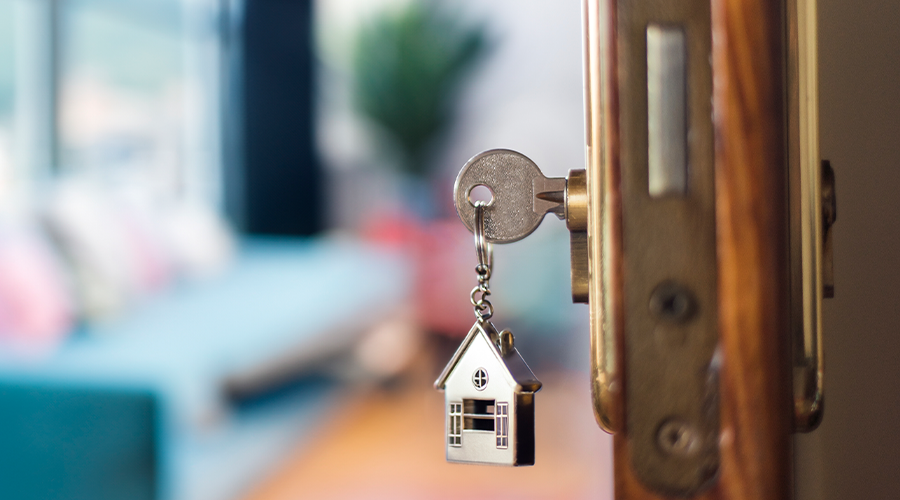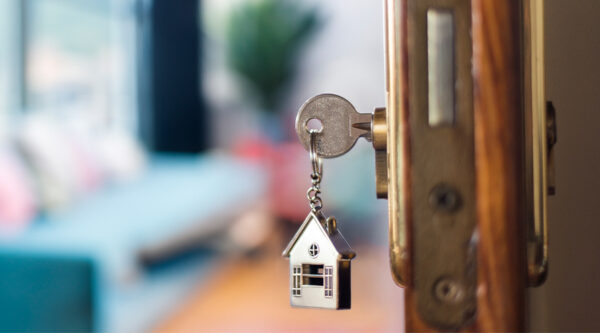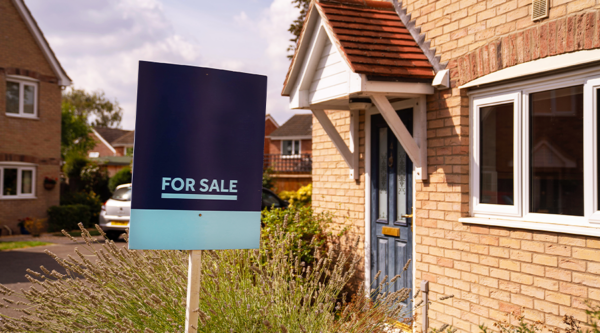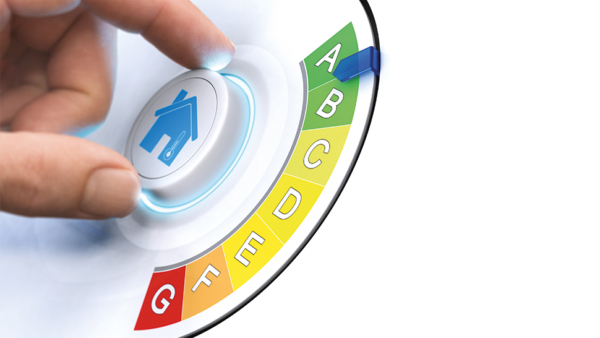
Ways in which property can be held and changes to the leasehold system of ownership
7 May 2025

Current leasehold ownership
In England and Wales, land ownership is primarily either freehold or leasehold. Freehold ownership means you own the property and the land it sits on. It grants almost complete control over the property, and ensures the owner is responsible for its maintenance and upkeep. In comparison, leasehold provides a lease between the tenant and the owner, whether the owner is a person or a company, and the lease restricts what you are able to do with the property. Leasehold ownership grants rights for a limited period under the terms of a lease, often leaving leaseholders with less control over their properties and subject to potentially high ground rent and service charge fees.
Leasehold reforms have been heavily debated over the previous few years with the aim of strengthening the rights of leaseholders. The government has shown its intention to further reform this area, with The Commonhold White Paper published on the 3 March 2025 which indicated the government’s commitment to ‘ensure commonhold is the default tenure.’ This will apply to shared residential flats and mixed-use blocks of flats.
What is commonhold?
The Commonhold and Leasehold Reform Act 2002 aimed to modernise and reform leasehold ownership. However, when Commonhold was originally introduced in England and Wales in 2004, it failed to establish itself, with fewer than 20 Commonhold developments having come into force since then.
In summary, commonhold is an alternative to long leasehold ownership, which provides freehold ownership for flats or other interdependent buildings. The flat would be referred to as a Unit, and the rest of the common parts of the building (such as the reception and lift) forms the commonhold. The commonhold is owned and managed jointly by the flat owners through a commonhold association. This allows there to be no landlord and tenant relationship, resulting in the people who live in the flats having a direct involvement in their upkeep.
Commonhold compared to leasehold
Commonhold ownership offers significant advantages over leasehold by providing indefinite ownership, eliminating ground rent obligations and removing the threat of forfeiture. Property owners in commonhold will also have the power to appoint their own managing agents. This is a significant advantage as leaseholders often face high and uncontrollable management costs. However, the greater democracy and flexibility offered by commonhold needs to be weighed against the growing rights afforded to leaseholders and the familiarity with the leasehold system.
The future of commonhold
The government’s White Paper commits to improving leasehold ownership, with commonhold being at the forefront. We await a draft Bill in this area, however, with nearly 5 million leasehold properties in England and a lack of commonhold experience across the property sector, including from: mortgage lenders, investors, developers and solicitors, many challenges remain in place to creating commonhold as the default tenure.










